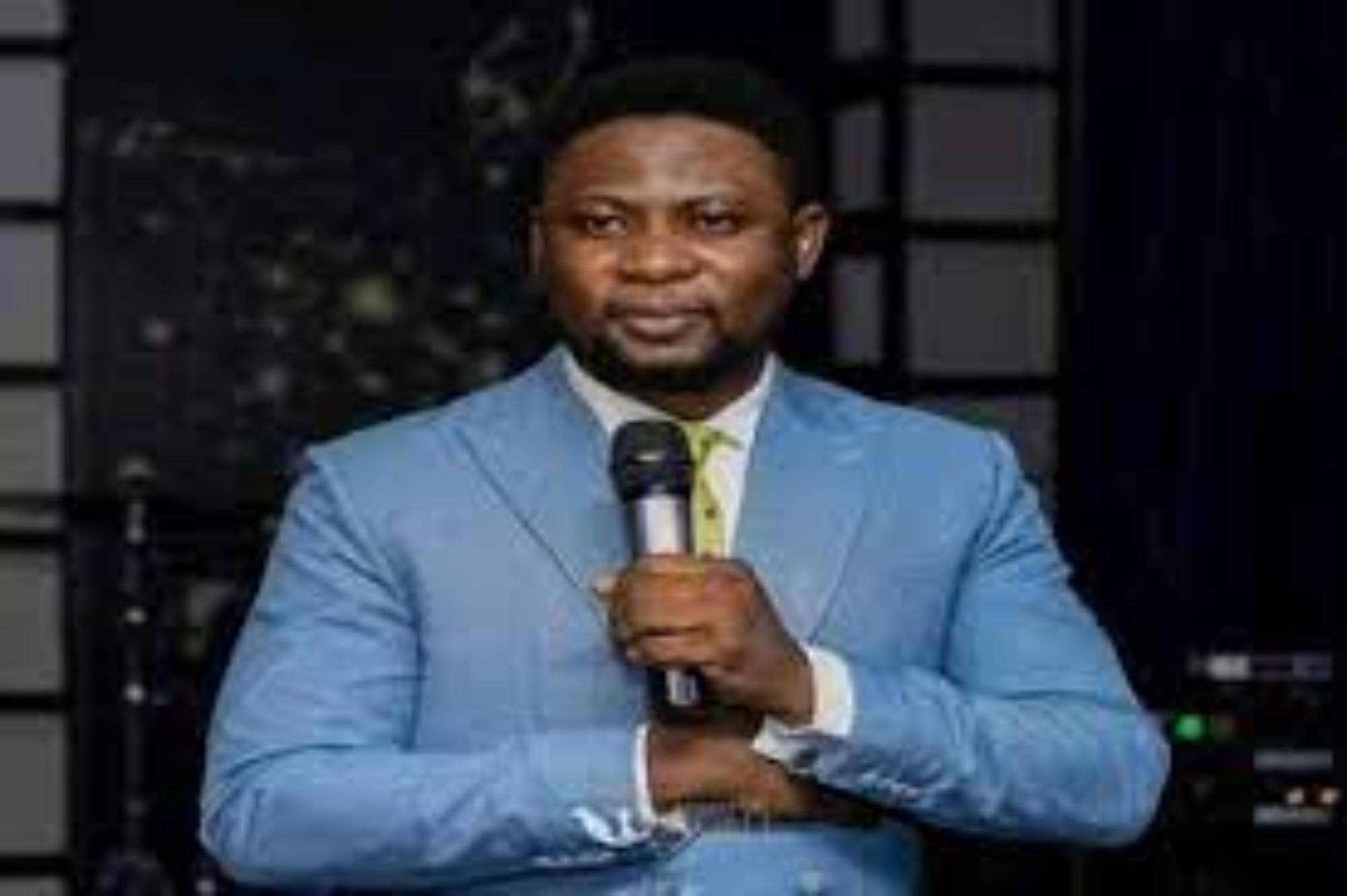The lead pastor of Light Nation Church, Femi Lazarus, recently weighed in on the ongoing debate surrounding whether gospel artists should be paid for their performances in church and other events.
Read Also: "What I find funny about myself," says Layi Wasabi
Lazarus explained, "A music minister expresses their ministry through music. A music artist, however, is not a kingdom-based minister and, therefore, isn’t specifically for the church. Churches don’t have music artists; they have music ministers. While being a music artist isn't inherently wrong, what we focus on is a music minister."
He further stated, "A true music minister should be traceable to a church and should be under the guidance of a pastor, where they are being shaped in doctrine. If you can't identify a music minister’s church affiliation, they are just an artist."
He emphasized that a music minister is not just someone who sings but is grounded in doctrine and filled with the Spirit. "How can you charge for ministry when the atmosphere is not charged?" he questioned. He argued that music ministers are trained similarly to pastors and are expected to steward their gifts without commercializing them.
"The moment you start negotiating fees for singing, you’re no longer a minister—you’re a businessman. If we start paying every music minister, what’s next? Ushers will demand payment for standing for long hours."
In response to concerns about how gospel ministers can support themselves financially, Lazarus suggested they seek alternative income sources unless they are specifically called into full-time ministry. He stressed that money shouldn't be the main focus for gospel artists.
Pastor Yemi Davids, the founding pastor of Global Impact Churches and chairman of the Lagos chapter of the Pentecostal Fellowship of Nigeria (PFN), also weighed in during a live YouTube session with family life therapist, Praise Fowowe. The session, which featured various gospel artists and music producers, explored the complexities surrounding the payment of gospel artists.
"I don’t like the word ‘charge,'" David said. "We need to engage pastors and work to bridge the gap, possibly through PFN. Every event requires logistics, and pastors should consider those costs when hosting gospel ministers."
He also criticized gospel artists who prioritize financial negotiations over spiritual matters. "I’ve preached in churches that many would consider small. Should an A-list gospel artist refuse to minister in these churches because of their status? No. When payment becomes the primary focus, it raises questions. Last year, when we invited a renowned gospel artist, the first question from their agent was ‘How much are you offering?’ before even discussing the event’s date or purpose. That’s where the conversation ended."
Gospel artist Tope Alabi offered a different perspective, sharing that she ministers in both large and small churches without concern for payment. "I don’t even know how much my husband negotiates for our appearances," she explained. "There are times when the Lord speaks to me, and I leave a cheque for a certain amount, regardless of the agreed fee. I don’t judge others for charging; it depends on what God has told them to do."
Pastor Harrison Ayintete of The Goodness Nation Church, however, strongly supported paying gospel artists. In an interview with Saturday Beats, he pointed out that professional gospel singers invest considerable resources into their music careers. "Just as pastors are paid for their work, professional gospel singers should be compensated for their services. If you invite them, you should be ready to cover their costs."
Popular music producer K-Solo also criticized Lazarus’ stance, arguing that music is a profession just like pastoring, and gospel artists should be paid for their work. "If pastors get salaries, why shouldn’t musicians?" he said, emphasizing the financial realities of pursuing a gospel music career, including costs for studio fees, producers, and session musicians.
Singer and evangelist Kas Shobayo, also known as Kas Beats, shared his own experience, revealing that he ministered for years without asking for payment but gradually realized the need for financial support. "I played drums in church for 12 years without asking for money. But as I grew, I understood the importance of being sustained by those we serve," he said. "I won’t demand a fee, but those who invite me should understand my responsibilities and support me where possible."
Gospel fuji artist Dekunle Fuji offered his thoughts, mentioning that many pastors compensate gospel musicians fairly without them asking. "When renowned pastors like Paul Adefarasin or Chris Oyakhilome invite you to minister, they know what to do," he noted. However, he criticized churches with the means to pay gospel artists but choose not to. "Music is a profession. If I were a doctor, would you tell me not to charge for my services just because I have a calling to heal? Many pastors have significant incomes, yet the support for musicians and choristers is often overlooked."
Fuji further pointed out that artists like Sinach and Eben achieved success because someone believed in them and supported them financially, not just by providing a platform. "Established churches should do better when it comes to compensating gospel artists," he concluded.
Source: punchng.com




No comments yet
Be the first to share your thoughts!